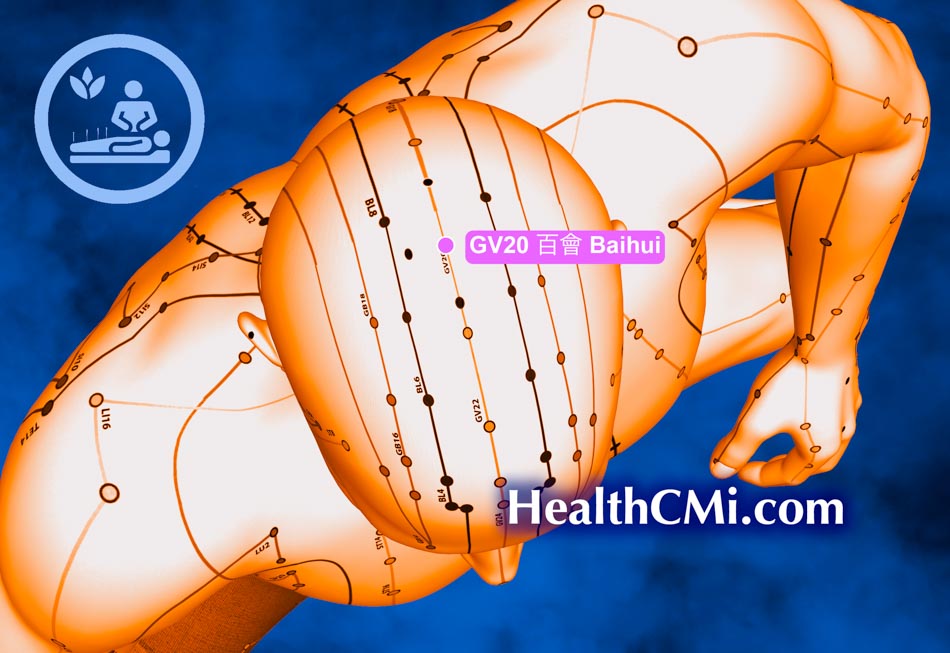In the evolving field of traumatic brain injury (TBI) treatment, a recent study from Taiwan has shed light on the benefits of acupuncture in aiding recovery, particularly in restoring consciousness and motor improvements among patients with acute TBI. Published in Healthcare, this multi-institutional cohort study explored the effects of acupuncture on 2,163 patients who suffered from TBI, with promising results for those treated with this traditional Chinese medicine technique.
Findings Revealed
The study, conducted by researchers at Chang Gung Memorial Hospital and Chang Gung University, involved analyzing the medical records of patients diagnosed with TBI between January 2007 and August 2021. Of these patients, 237 received acupuncture during their treatment. The research focused on the difference in the Glasgow Coma Scale (GCS) scores—a clinical tool used to assess consciousness—between the initial diagnosis and a follow-up 90 days later. Remarkably, patients who underwent acupuncture were found to have a significantly higher likelihood of recovering consciousness compared to those who did not receive acupuncture treatment.
Specifically, 46% of the acupuncture-treated patients showed a significant improvement in their GCS scores, compared to only 22.4% of those who did not receive acupuncture. This translates to a more than twofold increase in the odds of achieving significant recovery for those who received acupuncture, highlighting its potential as an adjunct therapy in the treatment of TBI. [1]
Implications for TBI Treatment
The findings of this study are particularly relevant in light of the ongoing search for effective treatments for TBI, a condition that often leaves patients with long-term cognitive, physical, and emotional impairments. Conventional treatments for TBI typically focus on life-sustaining and prophylactic measures, with fewer options available for actively promoting recovery. The use of acupuncture as highlighted in this study could provide a valuable addition to existing treatment protocols, offering a non-invasive method to support neurological recovery.
Moreover, the study’s authors point out that acupuncture appointments are relatively easy to administer, making it a practical option in diverse clinical settings. The potential for acupuncture to enhance motor function recovery, in addition to improving cognitive function and recovery of consciousness, further underscores its value as a complementary therapy in the comprehensive care of TBI patients. [1]
Looking Forward
The results of this study are promising and the authors call for further research to confirm their findings and explore the mechanisms through which acupuncture exerts its effects. Future clinical trials, particularly those involving larger and more diverse patient populations, will be crucial in determining the role of acupuncture in standard TBI treatment protocols.
As the global healthcare community continues to grapple with the challenges of TBI, the integration of acupuncture into mainstream medical practice could mark a significant advancement in the holistic treatment of this complex condition.
Acupuncture Neurology
Scalp acupuncture, particularly the Zhu’s Scalp Acupuncture (ZSA) developed by Dr. Ming-Qing Zhu, has shown promising results in the treatment of traumatic brain injuries. Dr. Zhu’s technique is a specialized form of acupuncture that focuses on stimulating specific areas of the scalp to influence the brain’s neural functions.
Adam L. White, L.Ac., founder of HealthCMi acupuncture CEUs, has worked extensively with Dr. Ming-Qing Zhu in the field of scalp acupuncture. He notes, “Dr. Zhu’s approach to the scalp micro-acupuncture system is one of the most powerful approaches to neurologic recovery in Chinese medicine. The scalp acupuncture zone system, along with his innovative advanced needling techniques, delivers optimal results for patients with neurological impairments.”
Key Aspects of Zhu’s Scalp Acupuncture for TBI
1. Neuroplasticity: ZSA leverages the concept of neuroplasticity, which is the brain’s ability to reorganize itself by forming new neural connections. This is crucial for recovery in TBI patients, where damaged areas of the brain can be bypassed by stimulating healthy regions.
2. Precision Targeting: Dr. Zhu’s method targets specific scalp areas corresponding to different brain functions, like motor skills, sensory perception, or language processing. This precise targeting is intended to restore functionality in areas affected by the injury.
3. Case Studies and Success: There have been numerous case studies where patients with TBI experienced significant improvements in motor function, speech, and cognitive abilities after undergoing Zhu’s Scalp Acupuncture.
4. Integrated Approach: ZSA is often used in conjunction with other rehabilitation therapies, enhancing overall treatment effectiveness. It’s particularly noted for helping in the recovery of motor skills and reducing the side effects associated with TBI.
This approach has gained recognition in both traditional and integrative medicine circles, offering a complementary therapy for those recovering from TBI.
Source: 1. “Effect of Acupuncture on Recovery of Consciousness in Patients with Acute Traumatic Brain Injury: A Multi-Institutional Cohort Study,” published in Healthcare in August 2023.


